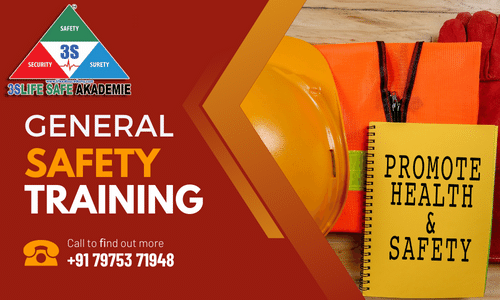

Industrial safety holds immense importance in any workplace, especially in industries dealing with hazardous materials, machinery, and complex processes. Prioritizing safety not only protects employees' well-being but also boosts productivity while minimizing the risk of accidents and costly disruptions. In this comprehensive guide, we delve into the critical aspects of industrial safety training, including its key components and strategies for implementing effective safety measures in industrial environments.
Industrial safety encompasses a range of practices and protocols aimed at preventing workplace accidents, injuries, and occupational illnesses. It involves identifying potential hazards, implementing safety measures, and providing appropriate training to employees to mitigate risks effectively. In industries such as manufacturing, construction, and chemical processing, where workers are exposed to various dangers, adherence to stringent safety standards is imperative to maintain a secure working environment.
Industrial safety training plays a crucial role in safeguarding both workers' well-being and the success of businesses operating in industrial environments. By equipping employees with essential knowledge, skills, and awareness, safety training helps identify and mitigate potential risks, reducing the likelihood of accidents, injuries, and occupational illnesses. Furthermore, adherence to regulatory requirements through safety training prevents fines, penalties, and legal liabilities.








Additional topic should be included based on nature of the workplace.